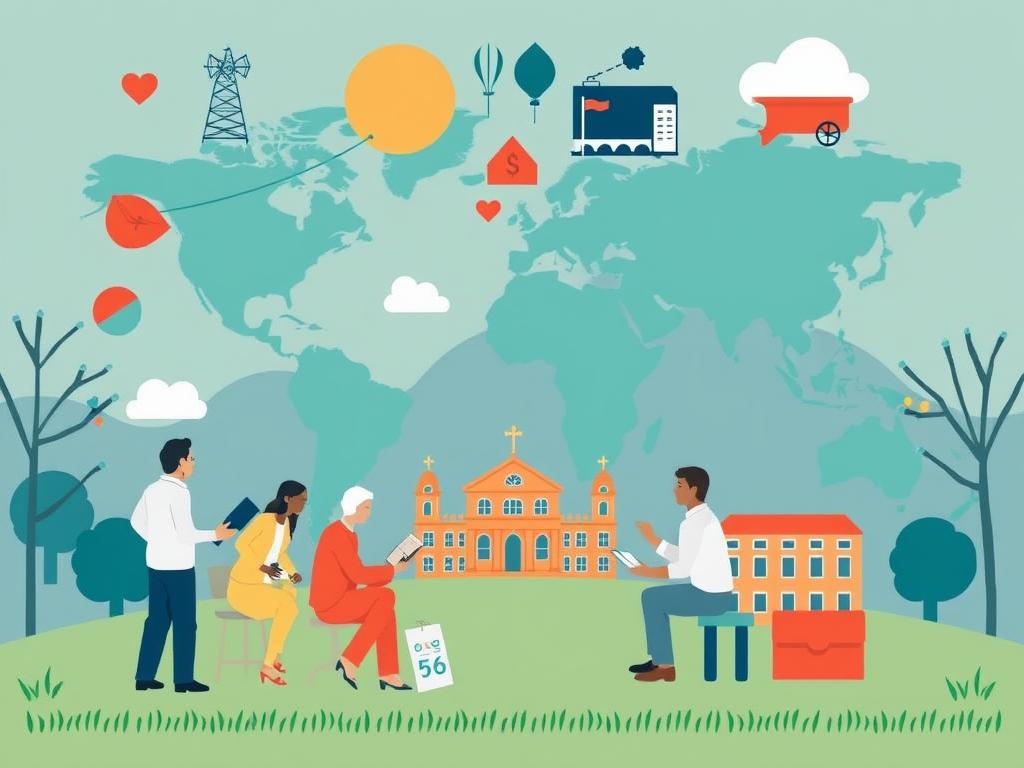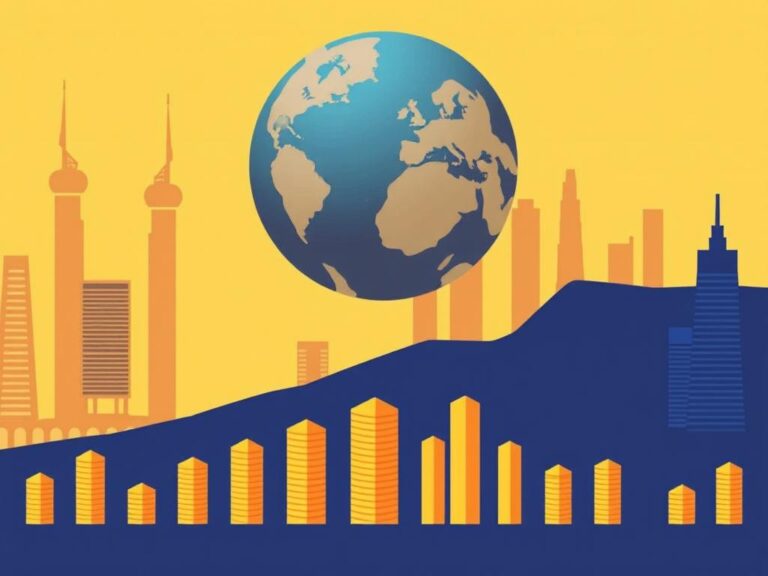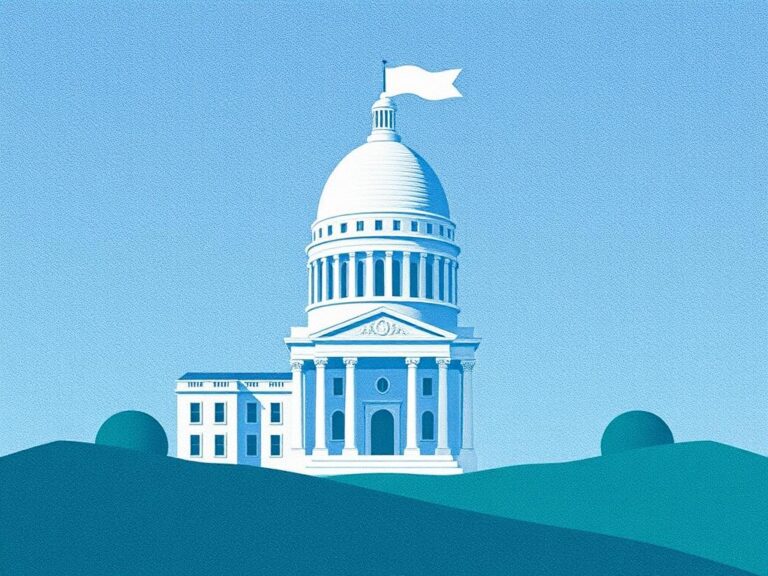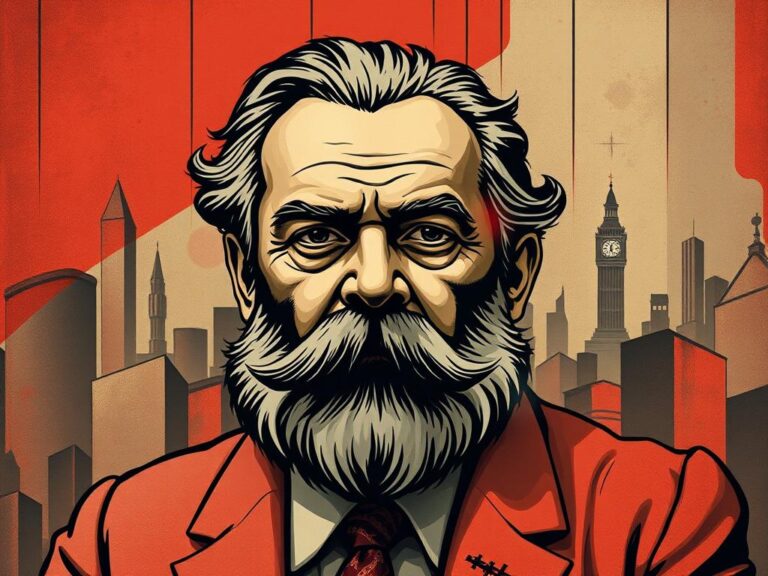Cultural Capital: How Values and Education Shape Wealth
Understanding Cultural Capital: More Than Just Money
When we think about wealth, our minds often jump straight to bank accounts, properties, or investments. However, there’s a less visible form of wealth that plays a crucial role in shaping economic success—cultural capital. Cultural capital encompasses the values, knowledge, skills, and education that individuals accumulate and pass down across generations. It’s not just about financial assets but about the intangible advantages and resources that shape how people navigate social systems, including those tied to accumulating material wealth.
The idea of cultural capital was popularized by the sociologist Pierre Bourdieu, who pointed out that money alone doesn’t determine one’s social position or success. Instead, cultural capital acts as a bridge, linking education and social values to economic prosperity. Families instill cultural capital through experiences, language, and behaviors, teaching children how to communicate, behave, and operate in educational or professional environments. These deep-rooted values and education systems are pivotal in shaping wealth over time.
The Role of Education in Building Cultural Capital
Education serves as one of the most critical vehicles for cultural capital. It’s more than just learning math or literature; it’s about acquiring the knowledge and social skills that enable people to thrive in diverse environments. Schools don’t just teach facts—they also impart values such as discipline, critical thinking, and ambition. These educational experiences foster cultural capital by equipping individuals with the tools needed to navigate social structures successfully.
Take, for example, the difference between formal education and informal learning experiences. Formal education offers credentials and exposure to institutionalized knowledge, but informal education—such as family discussions, reading habits, and cultural activities—builds habits of mind and social savvy. Together, these experiences shape what Bourdieu referred to as cultural capital, effectively influencing a person’s capacity to accumulate and maintain wealth.
Different Types of Cultural Capital
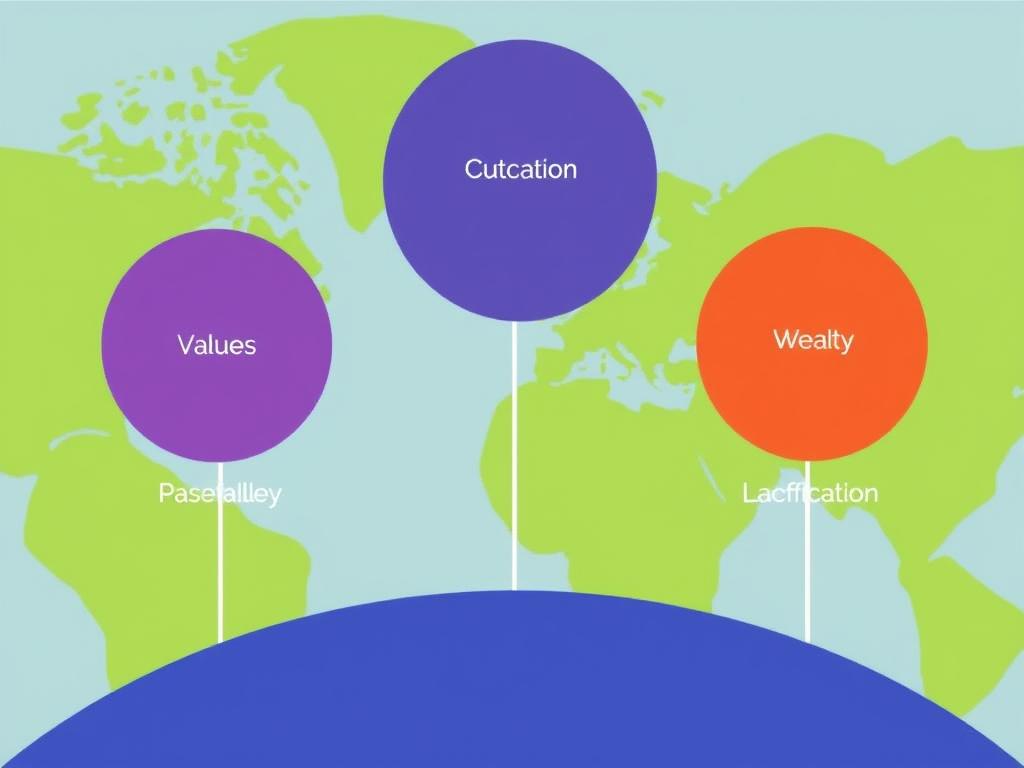
Cultural capital can be divided into three key types:
- Embodied Cultural Capital: This includes language skills, mannerisms, and cultural knowledge acquired over time through family and socialization.
- Objectified Cultural Capital: Physical objects like books, art, or technology that embody cultural value and symbolize knowledge or status.
- Institutionalized Cultural Capital: Formal recognition such as diplomas, certificates, or academic titles that validate one’s cultural knowledge.
Each type plays an essential role in how values and education come together to influence economic outcomes. Embodied cultural capital develops inside us through daily interactions and family teachings; objectified cultural capital displays tangible cultural wealth; institutionalized cultural capital offers official social recognition that can open economic doors.
Values: The Hidden Drivers of Economic Success
Values are core beliefs or ideals that guide behavior and decision-making processes. In the context of cultural capital, values are paramount because they influence attitudes towards money, education, work, and social relationships. For instance, some cultures can prioritize saving and investment, encouraging future wealth accumulation, while others may focus more on immediate consumption or social spending.
The transmission of such values from parents to children helps create a mindset conducive to building wealth. Hard work, perseverance, respect for education, and an entrepreneurial spirit are cultural values that significantly impact economic behavior. These ingrained values, when reinforced by educational systems, act as social glue that supports wealth creation and sustainability across generations.
How Values Shape Educational Outcomes
Parents who value education tend to provide more resources and encouragement to their children, fostering academic success and, ultimately, economic opportunities. The relationship between values, education, and wealth is much like a virtuous cycle: strong educational values lead to better learning outcomes; better education opens doors to higher-paying jobs; and higher income allows families to invest more in their children’s education and cultural development.
| Value | Impact on Education | Outcome on Wealth |
|---|---|---|
| Hard Work | Improved academic performance through persistence | Greater job stability and career advancement |
| Respect for Learning | Higher engagement with educational materials | Access to prestigious institutions and networks |
| Future Orientation | Motivation to pursue long-term goals | Increased saving and wealth accumulation |
The Interplay Between Cultural Capital and Social Mobility
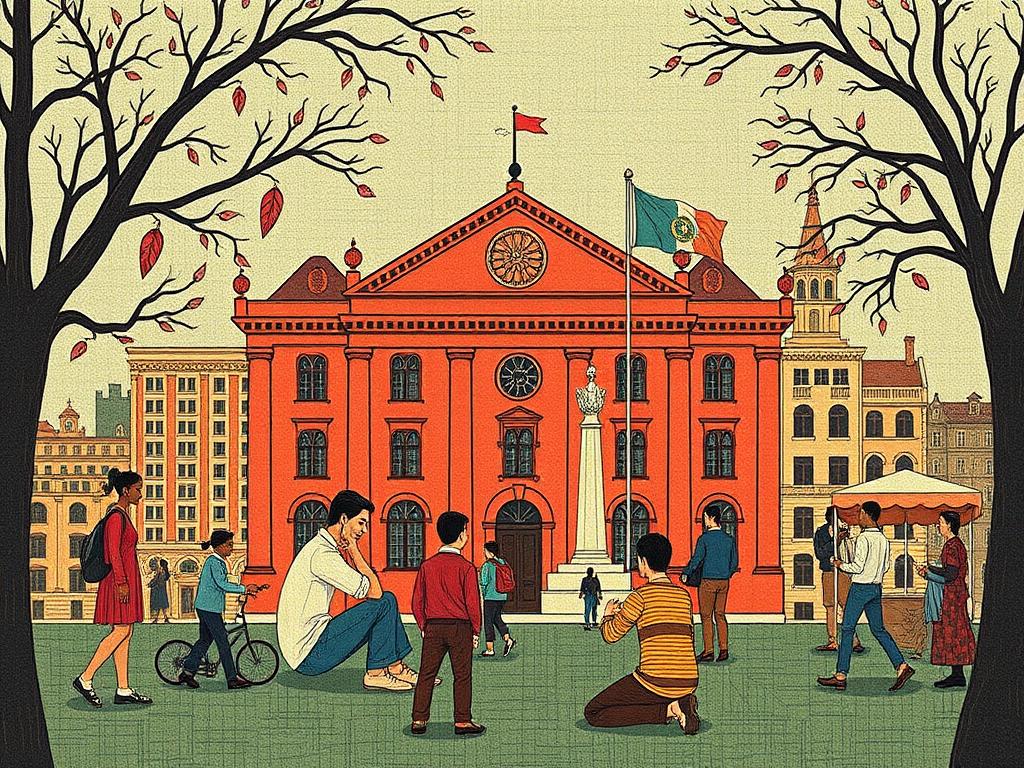
Social mobility—the ability to move up the economic ladder—is not solely dictated by income but is heavily influenced by cultural capital as well. Individuals from families rich in cultural capital often have a better chance of climbing the social ladder because they possess the tacit knowledge and skills that open doors in education and the labor market. This advantage perpetuates cycles of privilege and limits opportunities for those lacking cultural capital.
To break this cycle, policymakers and educators emphasize equalizing access to quality education and cultural experiences. Developing cultural capital among disadvantaged groups is seen as a powerful way to foster social equity. After all, teaching children not only to memorize information but also how to think critically, network effectively, and adapt culturally enhances their chances of economic success.
Programs That Build Cultural Capital
Many programs and initiatives aim to strengthen the cultural capital of underprivileged populations by focusing on educational support, arts engagement, and skill development. Examples include:
- After-school tutoring and mentorship programs
- Access to libraries, museums, and cultural institutions
- Workshops on communication skills and professional etiquette
- Parental education programs to promote supportive home environments
By intentionally fostering cultural capital, these programs help bridge gaps and provide equal footing for wealth-building opportunities.
Why Cultural Capital Matters in Today’s Economy
In an increasingly knowledge-based and interconnected society, cultural capital has never been more critical. Jobs are evolving, requiring not just technical skills but also social adaptability, creativity, and lifelong learning habits—all components of cultural capital. Employers seek candidates who can communicate well, think critically, and fit into organizational cultures smoothly.
Moreover, with globalization and diverse workplaces, cultural capital includes understanding social cues and values across different cultures, which can impact business success on a broader scale. Therefore, investing in cultural capital through education and value formation is a forward-thinking strategy for wealth generation and economic stability.
Comparing Financial Capital and Cultural Capital
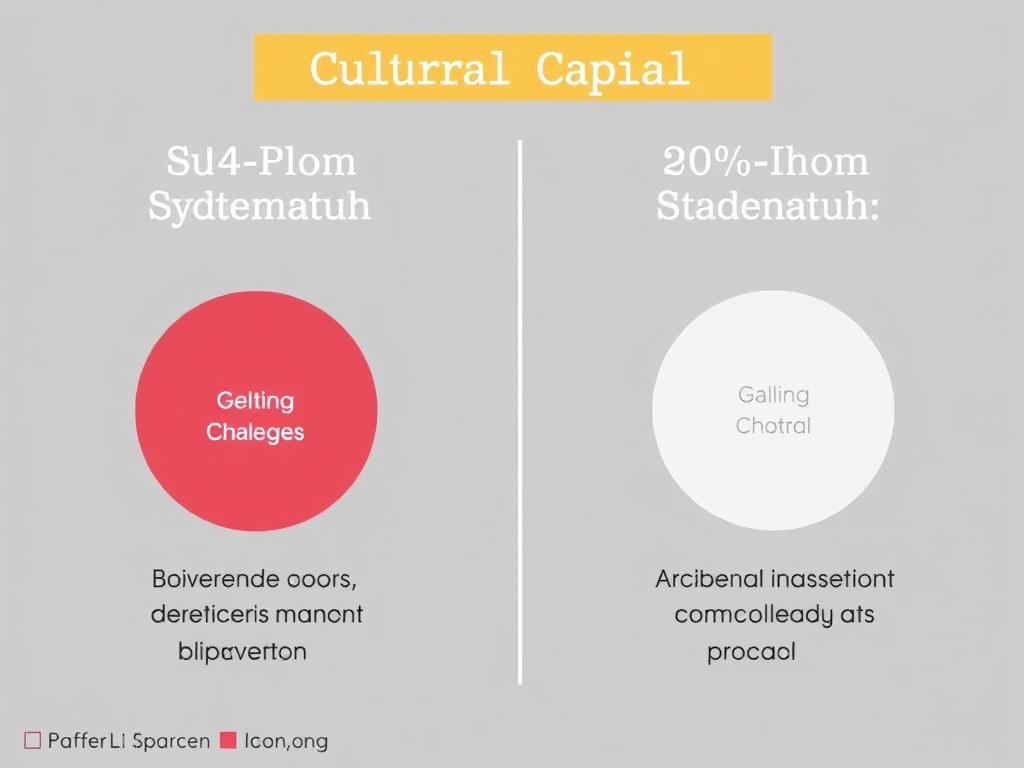
| Financial Capital | Cultural Capital |
|---|---|
| Consists of money and tangible assets | Consists of values, education, skills, and cultural knowledge |
| Used directly for investment and consumption | Used to gain educational credentials and social influence |
| Can be lost or gained quickly | Built over time and often inherited subtly |
| Visible and measurable | Often invisible but equally powerful |
Both forms of capital are interdependent. Cultural capital often leads to better financial capital accumulation by guiding education choices and career paths.
Conclusion
Cultural capital, woven from the threads of values and education, plays a profound role in shaping wealth beyond mere money. It influences how individuals perceive opportunity, engage with learning, and interact socially, all of which drive economic success and social mobility. Understanding and investing in cultural capital—both at the family and societal levels—opens new pathways for creating sustainable wealth and equality. Whether through nurturing strong educational values, encouraging lifelong learning, or expanding access to cultural experiences, building cultural capital empowers individuals and communities alike to thrive in an ever-complex world. In the end, wealth is multidimensional, and cultural capital proves to be one of the richest assets we can cultivate.

